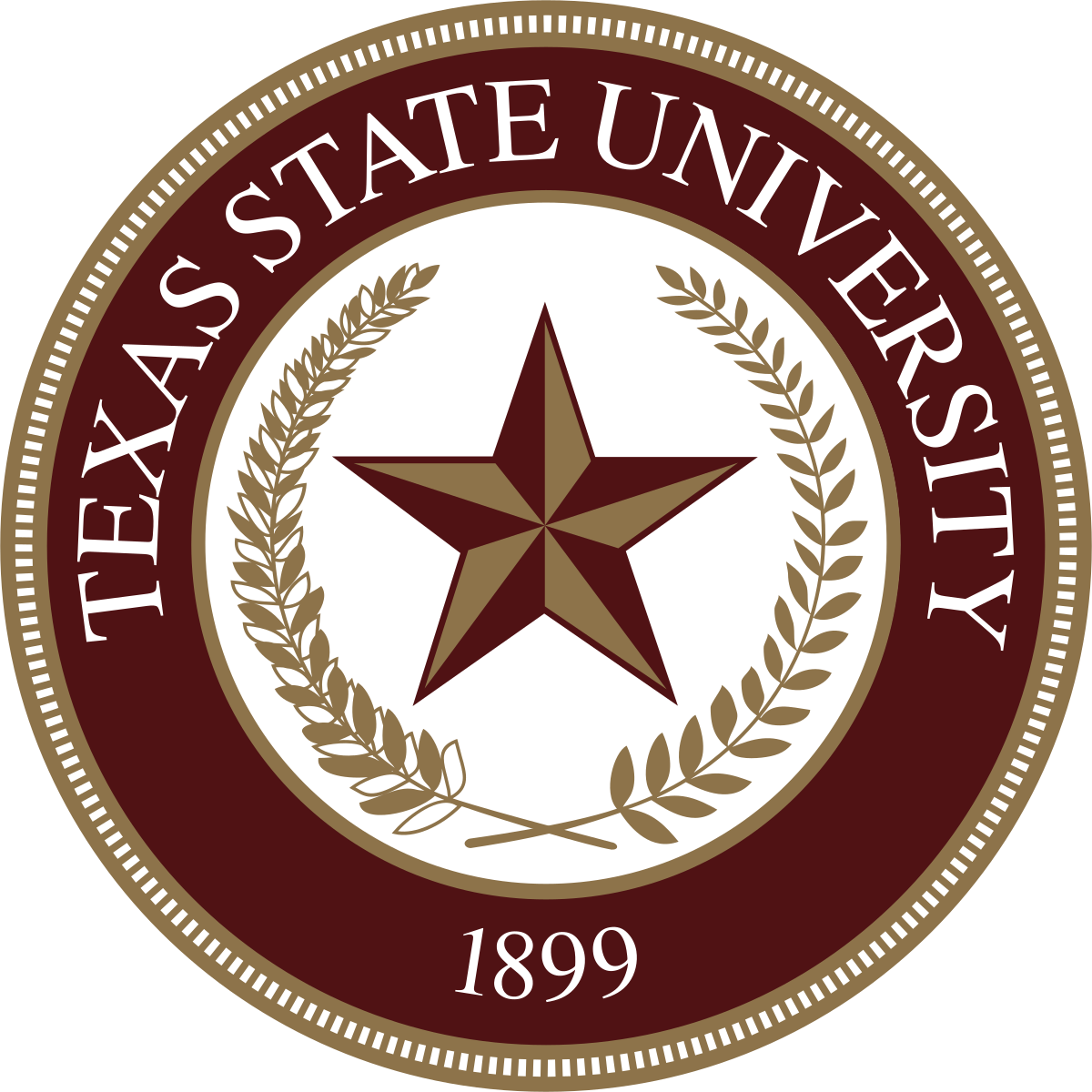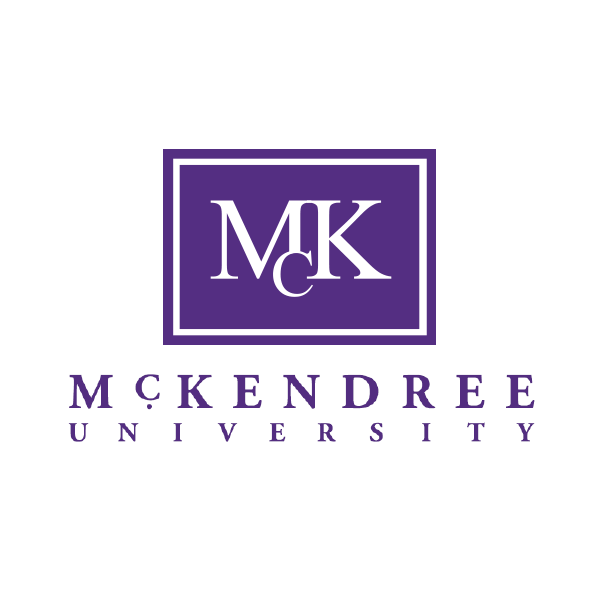
Overview
Aquatic Resources
The aquatic resources program is a multidisciplinary program of study and research based on aquatic sciences and aquatic resource management.
Program Overview
Texas State's proximity to the San Marcos River and Spring Lake, the Meadows Center and the Freeman Aquatic Biology Building provides students with a unique opportunity for study and research. The location also offers students access to a diversity of exceptional aquatic ecosystems throughout the Texas Hill Country and the Edwards Aquifer.
Course Work
The Department of Biology at Texas State offers a Master of Science (M.S.) in Aquatic Resources, a thesis-based degree that requires a minimum of 30 credit hours of course work. Students take courses in statistics, seminars and elective courses, which include the ecology of aquatic ecosystems. They also carry out their own research project mentored by a biology faculty member and often in collaboration with state or federal agencies.
Program Details
Local resources give students the ability to study habitats for threatened or endangered species, develop and promote programs and techniques to ensure sustainable water resources.
Program Mission
The overall mission of the aquatic resources program is to:
- pursue questions related to aquatic resources at all levels of organization, from molecules to the biosphere, across a diversity of fields, including ecology, geology, hydrology, molecular and organismal biology, toxicology and resource management
- improve collective knowledge and literacy in the science of aquatic resources through experimental, theoretical and field research and disseminate this knowledge to the general public, academics, government and non-governmental organizations
- utilize knowledge of aquatic sciences and resources to address environmental, biological and societal issues the world currently faces
Related Programs: Ph.D. in Aquatic Resources and Integrative Biology
Career Options
Graduates enter careers in the fields of aquatic resource management, aquatic ecology and hydrogeology. Graduates are also able to find
research-oriented positions in government agencies, non-governmental organizations or the private sector. The program prepares students to teach at the community college level or to continue their education by pursuing doctoral studies.
Program Faculty
Faculty, as well as students, conduct research in the 30,000-square-foot Freeman Aquatic Biology Building which overlooks experimental ponds and the San Marcos River. It contains laboratories, a wet lab and an array of instruments for aquatic studies. The wet lab is equipped with holding troughs, artificial stream systems and aquaria for laboratory studies. Artesian well water from the Edwards Aquifer is continuously supplied to the wet lab and bioassay lab, ensuring a constant supply of high-quality water for research.
Similar Programmes
Earliest Intake
April 2025
Deadline
October 2025
Gross Tuition
34070 $

16380 $ / years
Masters Degree / 24 months
Earliest Intake
February 2025
Deadline
March 2025
Gross Tuition
16380 $
Application Fee
90 $
Earliest Intake
September 2024
Deadline
October 2024
Gross Tuition
24520 $
Application Fee
90 $

22232 $ / years
Bachelors / 48 months
Earliest Intake
January 2024
Deadline
November 2024
Gross Tuition
22232 $
Application Fee
40 $

16380 $ / years
Masters Degree / 24 months
Earliest Intake
February 2025
Deadline
March 2025
Gross Tuition
16380 $
Application Fee
90 $


